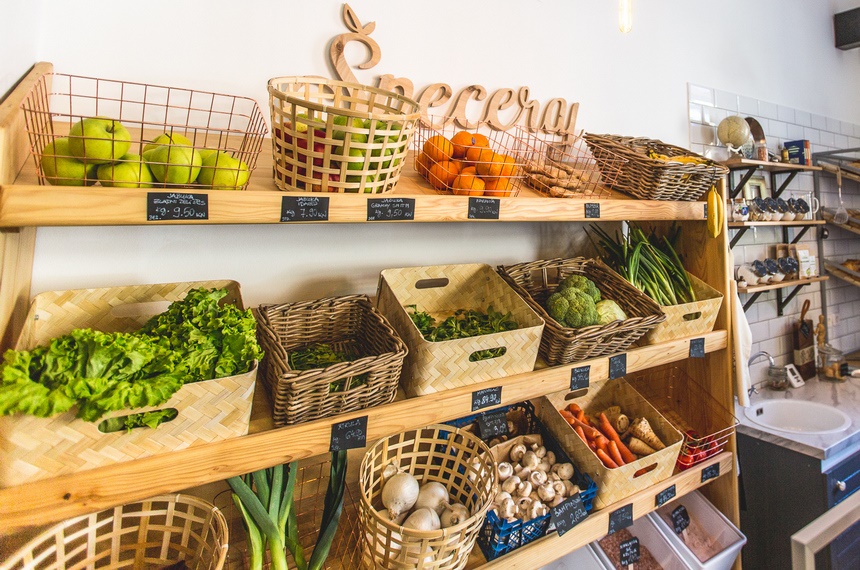
Špeceraj: first zero-waste store in Croatia
Zero waste movement, based on the idea of minimizing and eventually eliminating waste altogether, has been gaining a lot of momentum in the recent years. It is a whole system approach that aims for a fundamental change in the way materials flow through society. Instead of focusing so much on recycling and diversion from landfills, it is about restructuring production and distribution systems to prevent waste from being manufactured in the first place.
According to the Zero Waste International Alliance, zero waste is defined as designing and managing products and processes to reduce the volume and toxicity of waste and materials, conserve and recover all resources, and not burn or bury them. Implementing Zero Waste will eliminate all discharges to land, water, or air that may be a threat to planetary, human, animal or plant health.
It is based on the philosophy that encourages the redesign of resource life cycles so that all materials are reused, with no waste left to be sent to landfills. Zero-waste strategy is all about creating a low-carbon, resource efficient, resilient and socially inclusive economy that respects the diversity of ecosystems and promotes biodiversity.
Zero waste movement aims to:
• eliminate rather than deal with managing waste
• reduce the environmental impact associated with waste disposal
• reinvent the current one-way industrial system into a circular system modelled on nature (bio-mimicry)
• drive innovation in product design (eco-design and cradle-to-cradle approach)
• help communities achieve a local economy that sustains good jobs and provides some self-sufficiency
Fully adopting this philosophy requires profound socioeconomic changes and fundamentally different approach not only to resources and production but also to consumption, which is especially hard in today’s society.
However, some grocery stores have been taking small steps in the right direction.
Zero-waste stores, which sell food in bulk and eliminate packaging, have been growing in popularity in recent years. Aside from examples from Italy, Spain, Austria and Germany, Croatia recently got its first zero-waste store - Špeceraj.
Špeceraj in Croatian simply means ‘groceries’, and the word itself has a certain retro flair to it, reminding the customers of the old-fashioned way of buying food in bulk which was the norm 30 years ago. Similar to other zero-waste stores, in Špeceraj customers are encouraged to bring their own packaging and are even given incentives for doing so through discounts. Alternatively, they can purchase recycled paper bags or glass jars in the store for transporting their groceries.
In addition to encouraging customers to reduce the amount of packaging they use, zero-waste stores are teaching the consumers to buy exactly what they need, without promotional offers such as “buy one, get one free”, “three for the price of two” and other marketing techniques used to lure customers into buying more than they need, which often results in unnecessary food waste.
Buying groceries from zero-waste stores often goes hand in hand with complementary lifestyle changes, such carrying canvas tote bags, straw baskets or expandable polyester bags.
In addition, zero-waste stores are often owned locally and work with local food producers and small farmers. Eating and buying locally is not only beneficial for the local economy, since money stays within the community, but it also reduces the carbon footprint of the food since it doesn’t have to travel long distances. It allows for diversified land use instead of monocultures, which is much better for the land and its ecosystems. All of this helps build a local economy that sustains good jobs, good relationships that grow when people buy from people they know and a more self-sufficient community.
Photo: Sandro Sklepić, Punkufer.hr (source)
Read more: here & here.
Author: Marina Tomić (The Croatian Institute for CSR)

Follow us on